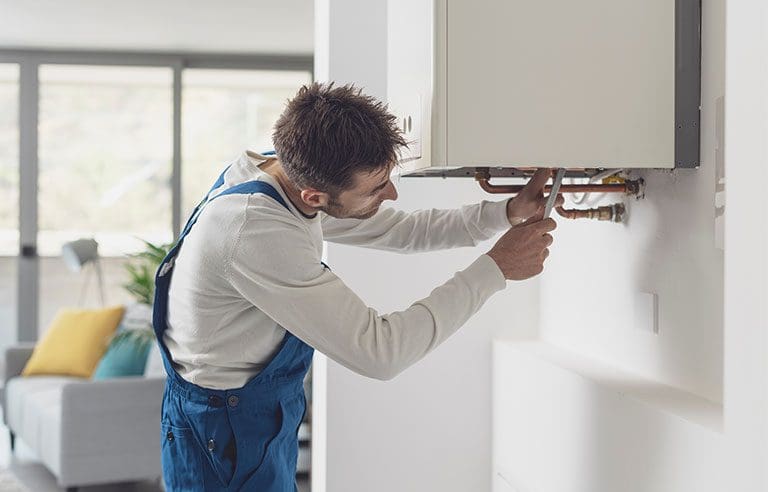Here’s What Happens During A Plumbing Inspection

There are many factors that could lead you to consider getting a plumbing inspection. Perhaps it has been a while, and you just want to make sure everything is working well and to avoid issues before they happen. Or perhaps you’re planning to buy a house and want to make sure you don’t get a lemon. Or maybe, you’ve heard dripping and are concerned that your bathroom plumbing needs to be fixed, or you may need to repair a broken faucet. A plumbing check is a low-cost way to put your mind at ease, or at the very least, it can identify an issue that has to be fixed before it becomes worse and costs more money. In this article, we’ll outline what to expect from a plumbing inspection and the components of your house that a plumber will examine.
Permits
The plumber will verify that all necessary permits and plans are in place in accordance with local laws and regulations.
Caulking and Fixtures
Your fixtures will be tested for plumbing leaks as the plumber runs water through them. Also, they’ll check your caulking to make sure there are no problems that could later result in water damage.
In order to ensure that your pipes won’t freeze when temperatures drop, they will also check the hot and cold-water plumbing. Burst pipes are a significant plumbing issue and are often caused by frozen pipes.
Lead Pipes
Older homes may have hazardous lead pipes that need to be replaced. The plumber will also examine your home to figure out if you have these pipes.
Water Heater
Your water heater will be examined by the plumber to make sure it is in good operating order and free of corrosion. If it is old or not working as effectively anymore, they may recommend that you get your water heater repaired so that you can have access to sufficiently hot water for your showers and cooking.
Dishwasher
The dishwasher will be examined by the plumber to make sure it is in good operating order, has an air gap, and is securely fastened to the countertop.
Other Measures
A plumber will inspect your sewage line, water supply line, venting system, drains, toilets, and any other pipes in your home to make sure everything is in good working condition and free of corrosion, damage, or obstructions.
What Comes After the Inspection?
What the plumber finds during the inspection will determine their recommendation. We can only hope that they’ll advise scheduling another examination in a few years.
Most likely, you were aware of issues like leaks and blockages before the inspection, and they may have even served as the impetus for the examination. Corrosion or other damage to the pipes are plumbing issues that you might not have noticed. If so, they might advise having the damaged pipes replaced.
Certain leaks in your home could be ticking time bombs that you aren’t even aware of. For instance, pipes may leak into the foundation rather than into your home, which, if not fixed, could result in serious damage. In such cases, reach out to plumbing professionals to rectify the situation immediately. Made’s Plumbing has decades of experience in resolving all kinds of plumbing problems in the most effective and cost-friendly manner!
